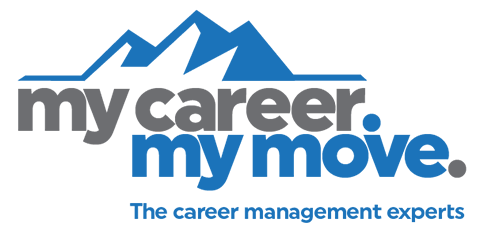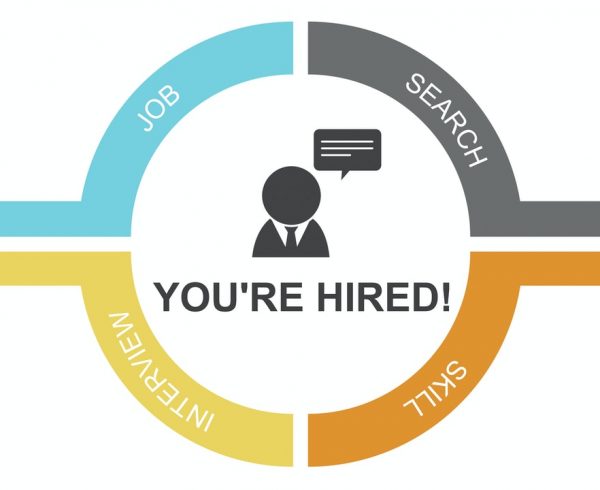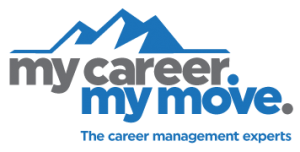When you are looking for a new job, whether it is making a career change, trying to earn your true worth or starting out fresh in the job market, you need to take the job search process seriously. So seriously, that until you land a job, you should consider your job search as your job – for now
As Justin Herald aptly says, “Your attitude is like a mirror. The attitude you give out is the same attitude you will get back.” By treating your job search as your job, you will approach it with the right level of professionalism, priority and persistence.
So, how do you treat your job search like a job? Here are our five top tips to get you started.
1. Research
Firstly, make sure you know what you truly want in your career. Take some time to sit down and think of your past roles. What did you love most about them? What did you enjoy least? What did your colleagues and managers value the most from you? What sort of feedback did you receive at work? What are your strengths and weaknesses? What are your values, and what are the values you are looking for from a future employer? How much/little do you want to work?
Next, you need to research the industry you are looking to work in and understand what potential employers are looking for. What are the skills (hard and soft) that they want in different roles? What do you need to showcase to position yourself as a good fit? What kind of employment is popular in that industry – full time, part-time, job sharing, casual, temporary? What is the industry standard in terms of remuneration? This last point will help you to be best informed when it comes time for salary negotiations later on.
Lastly, and perhaps most importantly, you need to research the companies you would like to work for. Some of these will be actively seeking employees through job ads; others might mean that would need to make direct enquiry to ask about the recruitment process and put forward an application – remember 80% of jobs aren’t advertised! Who are the people of influence in the company? What are their company values? What are their employee ratings like (see some great employee feedback websites like www.glassdoor.com.au)?
2. Presentation
Like research your presentation is multi-faceted. The first impression you are likely to make will be through your cover letter and resume. Remember, a resume isn’t about writing out your entire work history; it’s about highlighting the key skills, experiences and achievements that are relevant to the role you’re targeting. Your resume is short form, ideally only two or three pages.
Use the space to highlight the relevant roles greater detail and showcase how these experiences make you a great asset to their company. To ensure your resume reflects you, you need to be the author of your resume. Keep in mind too that Applicant Tracking Systems (recruitment AI) are gaining popularity through the recruitment process. This means that algorithms are shortlisting you based on the number of factors, including past employers, qualifications and keywords you are using in your application from the job ad. Personalisation to roles is no longer optional. It’s essential.
Please don’t neglect your LinkedIn profile either, make sure you are updating this as regularly as your resume and making it relevant to the jobs you are applying for. Have a professional headshot and watch what you are posting on social media (Facebook, Instagram and others included). Are you the type of person an employer will want to represent their company?
Lastly, there is your phone manner, voicemail message and face-to-face presentation for when you come in for an interview. These are all helping a potential employer form an opinion of you. Make sure you not only present yourself well, but you also present yourself in a way that you already belong there. If you’re turning up at a labour hire company for an interview for a trade role and the job requires steel-capped boots – wear them. If the job requires corporate attire – wear it.
3. Being Prepared
Your research will help you significantly here, but you will need to delve a little deeper into your preparation – particularly when you’ve been invited for an interview. Find out as much about the company as possible – their team, values, goals, competitors and needs.
A lot of this can be gained from their website, social profiles and team bios on their website and LinkedIn but also look beyond that at customer reviews and news articles. This information will help you develop a list of insightful questions to ask in your interview to help you better understand if the role is right for you – as much as it may not feel like it sometimes, it is a two-way street.
Also take the opportunity before your interview to practice answering common interview questions, so you feel more confident and have strong answers ready when you need them.
4. Follow Up
Whether you are successful in getting to the next interview round or not, take the extra professional steps to follow up your interviewer with an email or phone call to thank them for their time. These are the small gestures that are remembered – and in some cases, have landed the candidate the job.
5. Feedback
If you are unsuccessful, seek some feedback. Be open-minded and take the feedback with the intention they are asked, to help you grow as a person and be your best brand. Don’t be afraid to find out what you could have done better or differently that would have made you a better “fit” or an ideal candidate. This is valuable learning that you can take into the next job opportunity.
There you have it, five reasons to treat your job search with the professionalism, priority and persistence that you would a job. Employers do notice the difference, they may not always say something, but they definitely notice.







